“Understanding the “do to” and “due to” correct usage of these phrases can simplify your writing and improve your grammar.“
The English language can be tricky, especially when seemingly similar phrases, like “do to” and “due to,” create confusion. While “due to” is the correct choice when indicating causation, “do to” is a common but incorrect usage. Understanding the distinction “Do To” or “Due To” is essential for clear and professional communication.
For instance, phrases like “due to the fact” should also be avoided for being unnecessarily wordy. Replacing them with “because” not only ensures concise writing but also eliminates the risk of errors. When you’re drafting an email, essay, or report, using the right expressions elevates the quality of your writing.
This blog will guide you through the correct usage of “due to,” clarify common mistakes, provide examples, and offer practical tips for more polished and effective communication. With tools like Language Tool, you can further refine your writing, avoid errors, and enhance your style effortlessly.
In this post, we’ll explore the origins and meanings of both phrases, explain the proper usage of “due to” and “do to,” highlight common misconceptions, and suggest ways to simplify your writing. By the end, you’ll have a better understanding of when to use each phrase, making your writing more precise and polished.
Overview of “Do To” vs. “Due To”
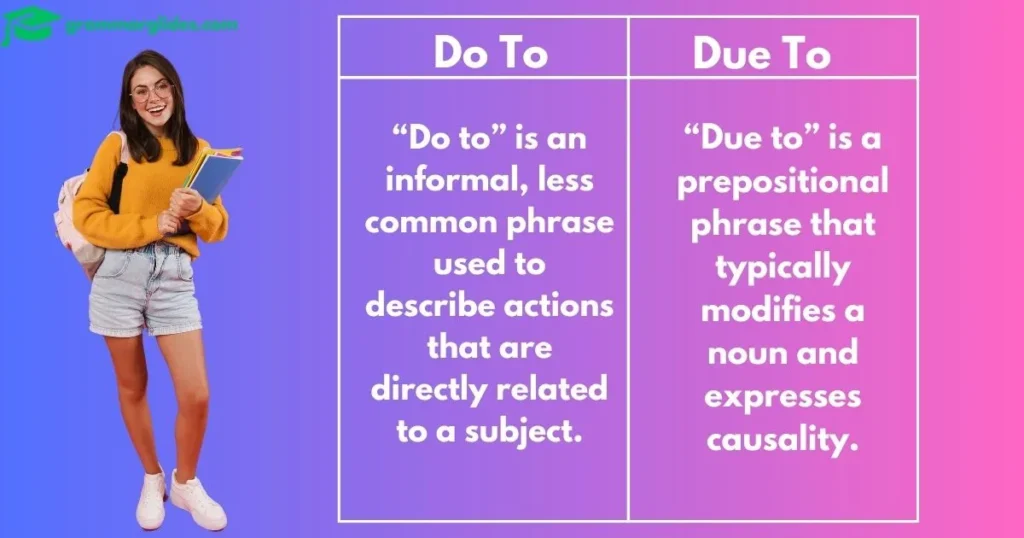
The confusion between “do to” and “due to” often arises because both phrases seem similar in structure, yet they serve different grammatical purposes.
“Due to” is a prepositional phrase that typically modifies a noun and expresses causality, while “Do to” is an informal, less common phrase used to describe actions that are directly related to a subject.
Understanding when to use each one will help you communicate your ideas more clearly and effectively.
Exploring the Origins and Meanings of Both Phrases
Due To
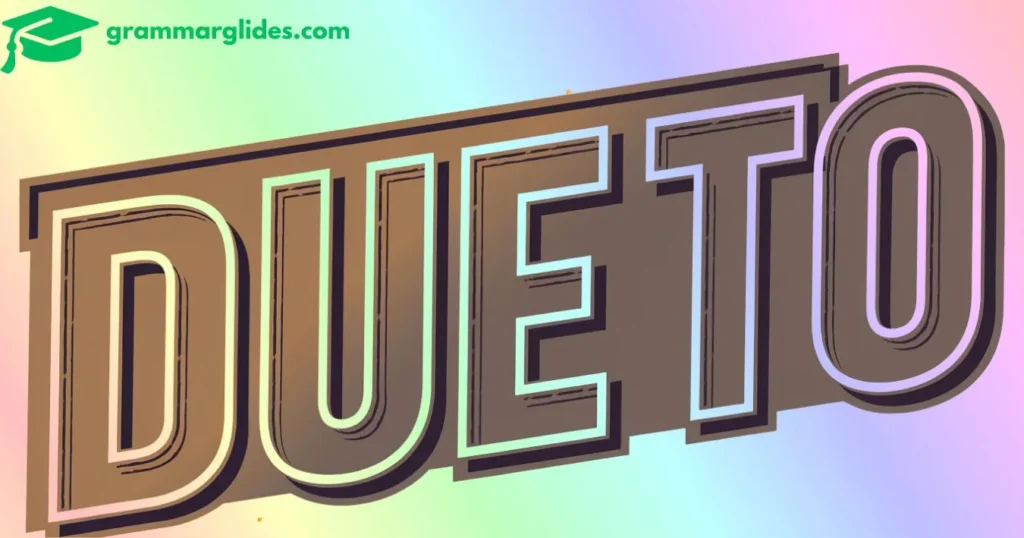
“Due to” is a prepositional phrase often used to explain a cause or reason for something. It modifies a noun or noun phrase, typically answering the question “why?” or “what caused it?” The phrase suggests that something happened because of a specific reason.
For example:
- The cancellation was due to weather conditions.

- The delay was due to technical issues.
In these cases, “due to” is linked to the noun (cancellation, delay), explaining why these events happened.
Do To

On the other hand, “do to” is rarely used and is not grammatically correct in the same context as “due to.” It appears in sentences when talking about actions that are performed, typically in informal speech or writing.
For example:
- I have a lot of work to do to prepare for the meeting.
- The teacher asked us to do to help organize the event.
However, these examples aren’t interchangeable with “due to”. It’s important to note that “do to” should be used in the context of action, while “due to” connects events or outcomes to causes.

When to Use Do
Struggling with “Do” vs. “Due”? Let’s clear up the confusion!
“Due” can be both a noun and an adjective, but its use depends on the context.
1. As a Noun
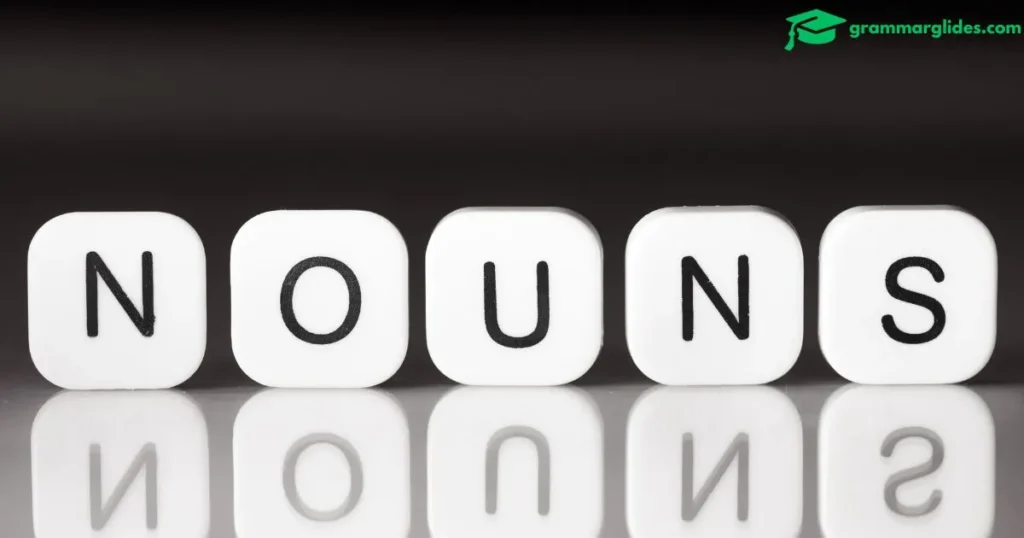
Due refers to something owed or expected.
Examples:
- I need to pay my library dues.
- The dues for the club are due next week.
2. As an Adjective
Due describes something that is expected or scheduled to happen.
Examples:
- The due date for the project is Friday.

- Her payment is due tomorrow.
With this simple rule, you can instantly improve your grammar and confidently use due in the right way!
When to Use “Due”
“Due” can be used as both a noun and an adjective, depending on the context.
1. As a Noun
Due refers to something owed or expected.
Examples:
- The dues for the organization are paid annually.
- I have to pay my dues to the gym by the end of the month.

2. As an Adjective
Due describes something that is expected or scheduled to happen.
Examples:
- The due date for the assignment is Friday.
- The bill is due tomorrow.
By following this simple rule, you’ll be able to use due correctly in different situations!
Correct Usage of “Due To” in English Grammar
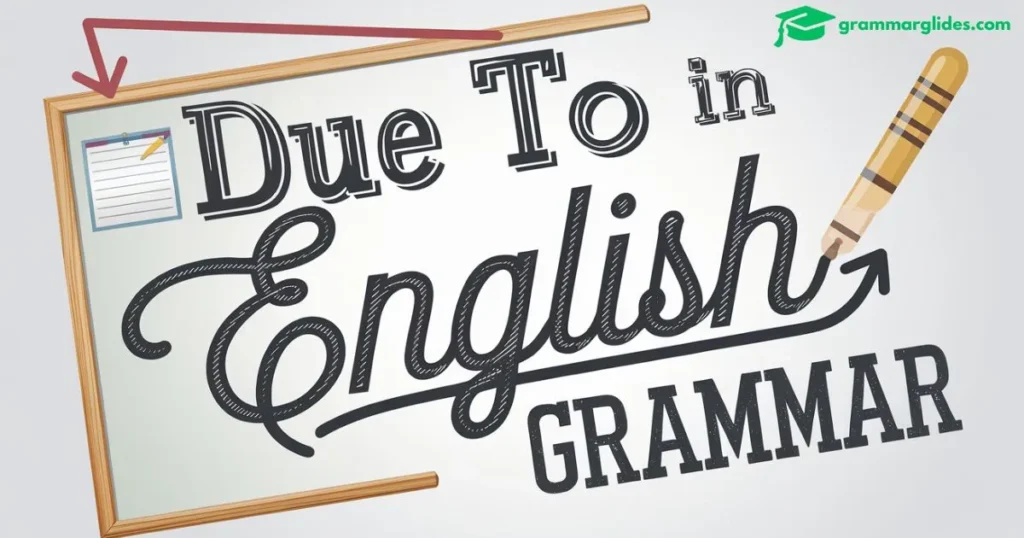
Proper Usage:
“Due to” is correctly used when it follows a form of the verb “to be,” such as “is,” “was,” or “were.” It connects the verb to a noun or noun phrase that explains the reason for the situation.
For example:
- The cancellation was due to unforeseen circumstances.
- The flight delay was due to bad weather.
Examples in Different Contexts:
Due to can be applied in various contexts, including formal writing, everyday communication, and professional settings:
- Business: “The meeting was rescheduled due to a scheduling conflict.”

- Health: “The patient was discharged early due to their improvement.”
- Travel: “Our plans changed due to the sudden weather shift.”
In each example, “due to” clearly explains the reason behind the action or decision.
Common Misconceptions and Mistakes: When People Say “Do To”
Typical Scenarios for Mistakes:
The most common mistake occurs when people use “do to” in place of “due to.” This often happens when people incorrectly assume that both phrases have the same meaning.
For example:
- Incorrect: “The event was cancelled do to a scheduling error.”
- Correct: “The event was cancelled due to a scheduling error.”

In this case, the mistake arises because “do to” is not a phrase that can be used to explain causes in the way “due to” does. The sentence should use “due to” to convey the reason for the cancellation.
The Role of Homonyms in Grammar Confusion
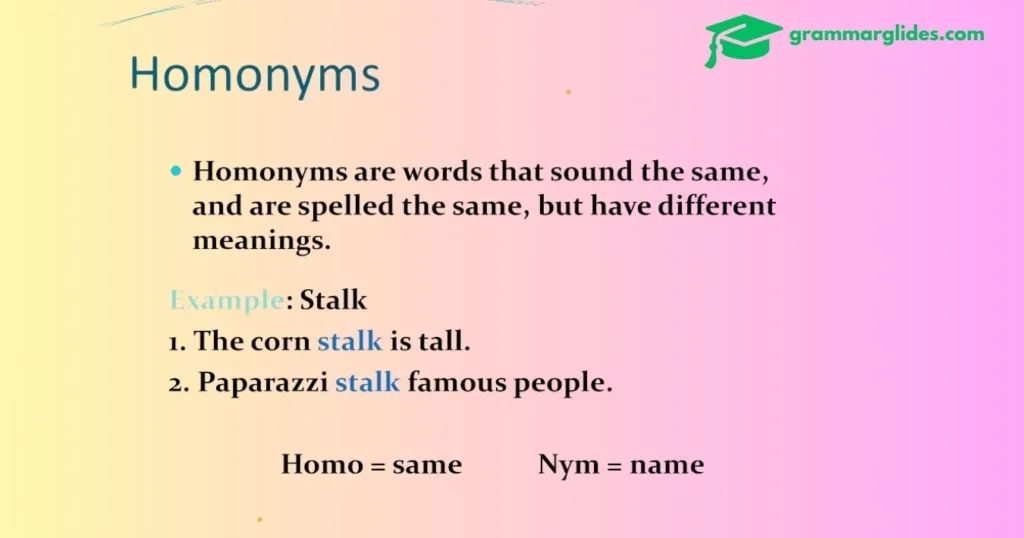
Homonyms—words that sound alike but have different meanings—play a significant role in grammar confusion. While “do” and “due” are not homophones, they are easily mistaken for one another due to their similar spellings and usage in related contexts. Understanding the grammatical roles of these words can prevent confusion.
Examples of Homonyms Causing Confusion:
- “He didn’t do to the project what he said he would.” This usage is incorrect because “do to” should not be used in this context. It should be “due to” as it explains the cause of the situation.
Alternative Expressions to “Due to the Fact”

While “due to the fact” is often used to explain reasons, it can make sentences sound overly wordy. Instead, you can use simpler expressions to enhance clarity and conciseness.
List of Alternatives:
- Because of: This is a more direct way of expressing cause or reason.
- Owing to: This is another formal alternative.
- As a result of: This phrase is also widely used in formal and academic contexts.
Examples and Context:
- Instead of saying “The delay was due to the fact that the bus broke down,” you can say, “The delay was because of the bus breaking down.”
- “The event was canceled due to the fact that it was raining” can be simplified to “The event was canceled because of the rain.”
“Do To” or “Due To”
| Phrase | Meaning | Usage | Example |
|---|---|---|---|
| Do To | Used as a verb phrase (action to perform or complete something). | Typically followed by a subject and indicates an action being taken. | “What will you do to fix this issue?” |
| Due To | Means “because of” or “caused by.” Used to indicate the reason for something. | Commonly follows a linking verb and explains the cause of an action or event. | “The event was canceled due to bad weather.” |
Simplifying Your Writing with Clearer Alternatives
To avoid overcomplicating your writing, it’s best to eliminate unnecessary phrases like “due to the fact” and use simpler alternatives. This helps maintain the clarity and flow of your sentences while still conveying the same meaning.
Tips for Improving Clarity:
- Use shorter, clearer expressions like “because of” or “as a result of” to keep your writing concise.

- Ensure that your sentences are not overloaded with jargon or wordy phrases.
Do to or due to grammar
Here’s a professional and clear breakdown of “Do to” vs. “Due to” with examples, synonyms, meanings, grammar tips, exercises, facts, and sentences presented in a table format for easy understanding:
| Aspect | Do to | Due to |
|---|---|---|
| Meaning | Incorrect usage, often a typo or error, where “due to” is intended. | Correct usage to show causation or reason for something. |
| Grammar | Not grammatically valid in standard English. | Functions as an adjectival phrase modifying a noun (can often replace “caused by”). |
| Synonyms | None (it’s incorrect). | Because of, owing to, as a result of, on account of. |
| Examples | ✗ The delay was do to bad weather. (incorrect) | ✓ The delay was due to bad weather. (correct) |
| ✗ This is do to your mistake. (incorrect) | ✓ This is due to your mistake. (correct) | |
| Fact | Often arises from typographical errors or misunderstanding of proper phrasing. | Commonly used in formal and professional writing to explain a cause. |
| Sentence Usage | ✗ Do to unforeseen circumstances, the meeting is canceled. (incorrect) | ✓ Due to unforeseen circumstances, the meeting is canceled. (correct) |
How to Choose the Right Expression

How Language Tools Can Assist in Grammar Precision
Language tools, like grammar checkers, can be incredibly helpful in catching mistakes related to “do to” and “due to.” They can also provide alternative suggestions and enhance the overall quality of your writing.
Overview of Grammar-Checking Tools
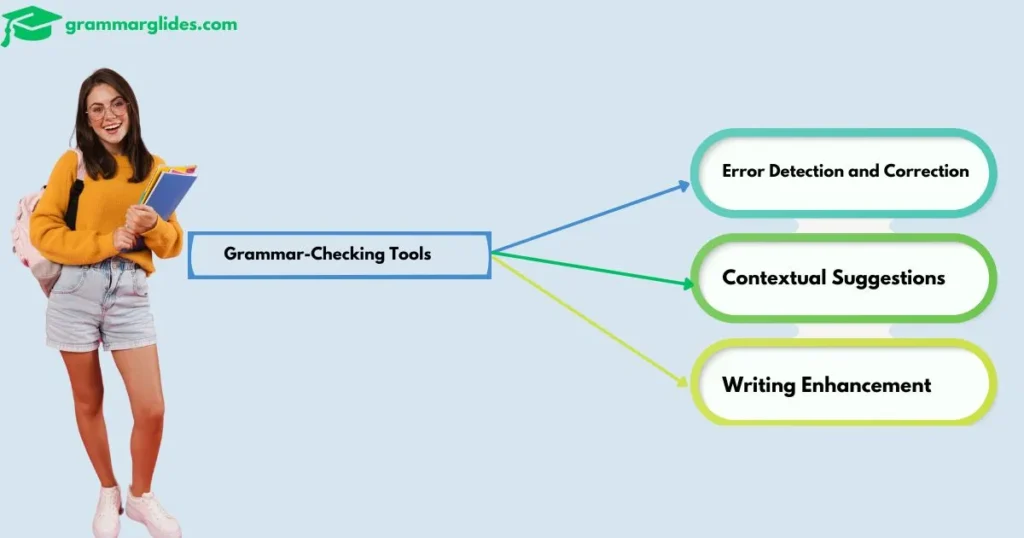
Grammar-checking tools are software applications designed to help writers identify and correct mistakes in their writing. These tools analyze your text for grammatical errors, such as incorrect punctuation, sentence structure, spelling mistakes, and the misuse of words or phrases.
They are invaluable resources for anyone who writes regularly—whether for work, school, or personal projects—ensuring that your writing is clear, accurate, and free from common mistakes.
The primary function of grammar-checking tools is to catch errors that are easy to miss during manual proofreading. These tools use advanced algorithms and language models to detect subtle mistakes, including improper use of phrases like “do to” and “due to.”
They are designed to work in real time, providing instant feedback and suggestions, which allows writers to improve their grammar while they write.
- Error Detection and Correction: Grammar-checking tools can spot and suggest corrections for various types of writing mistakes, from punctuation errors to misuse of homophones, like confusing “do to” and “due to.”

- Contextual Suggestions: These tools understand the context of your writing, offering tailored suggestions based on whether the writing is formal, casual, or academic.
- Writing Enhancement: Beyond grammar correction, these tools help improve the overall style and readability of your writing. They can suggest more concise or effective ways to phrase your sentences.
Is It “I Will Like To” or “I Would Like To”?
How These Tools Help
Grammar-checking tools, such as Grammarly, Pro Writing Aid, and Hemingway Editor, play an essential role in helping you avoid common grammatical mistakes, including the confusion between “do to” and “due to.” These tools work by analyzing your writing for errors and suggesting corrections based on proper grammar rules. Here’s how they assist:
- Instant Error Detection: These tools instantly highlight any incorrect usage of phrases like “do to” and “due to”. They can tell you when you’re using the wrong phrase, ensuring that your writing remains grammatically accurate.
For example: If you write “The delay was do to a technical problem,” the tool will suggest changing it to “due to a technical problem.”

- Contextual Suggestions: Grammar tools understand the context of your sentence and suggest the correct phrase based on that. They guide you through correct usage in various contexts, from formal essays to casual emails.
For example: When writing, “The project was delayed due to miscommunication,” the tool will confirm that this is the correct phrasing.

- Consistency in Writing Style: These tools ensure that your writing remains consistent, both in style and in grammar. This includes ensuring that you’re consistently using the correct phrases throughout your work.
For example: If you mistakenly write “due to” in one sentence and “do to” in another, the tool will point out the discrepancy and suggest the proper use of “due to”.

- Real-Time Feedback: Tools provide real-time feedback, allowing you to fix mistakes as you write. This helps you avoid having to manually proofread for grammar mistakes, saving time and improving writing accuracy.
For example: As you type, a tool like Grammarly will immediately underline incorrect phrases and suggest changes, like correcting “The project is do to begin next week” to “due to begin next week.” - Learning and Improvement: Over time, these tools can help you learn from your mistakes by offering explanations of why a phrase is incorrect and guiding you to improve your grammar skills.
For example: After correcting “due to” vs. “do to” mistakes, these tools often provide brief explanations, helping you internalize the rules and avoid repeating the error.
Indigo vs Violet vs Purple The Right Color Spectrum
How to Use “Due” in a Sentence
- Cause: The flight was delayed due to rain.
- Scheduled Time: The book is due tomorrow.
- Debt: The rent is due next week.
- Deserved Outcome: She succeeded due to her efforts.
- Respect: He gave the teacher her due respect.
How to Use “Do” in a Sentence
- Action: I will do my homework.
- Question: Do you like pizza? Ans. Yes I do.

- Emphasis: I do want to help!
- Commands: Do your best in the exam.
- General Tasks: They always do the cleaning on weekends.
Due vs. Do in a Nutshell
The word “due” refers to something owed, deserved, or caused by a specific reason, while “do” is an action word used to perform tasks, ask questions, or emphasize something. They serve very different purposes but are often confused because of their similar sounds.
About “Due”:
- Cause: The game was canceled due to rain.
- Time: The project is due tomorrow.
- Debt: Your payment is due next week.

- Deserving: She got an award due to her talent.
- Respect: He gave her the due recognition.
About “Do”:
- Action: I will do my homework.
- Questions: Do you need help?
- Emphasis: I do care about you.
- Commands: Do your chores now.
- Routine: They do yoga every morning.
33rd or 33th Which Is Correct for Your Celebration?
Tips to Remember the Difference and Enhance Your Writing
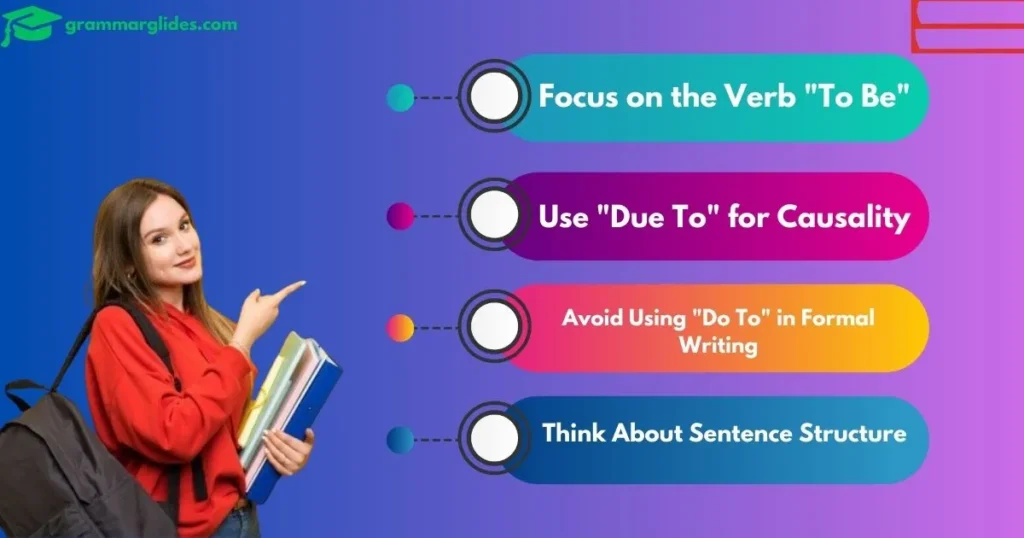
- Focus on the Verb “To Be”
Always remember that “due to” follows a form of the verb “to be” (is, was, were, etc.). If your sentence contains “is” or another form of the verb, “due to” is likely the correct choice.
For example: “The flight was due to arrive at 6 PM.” - Use “Due To” for Causality
“Due to” is used when explaining the cause of something, typically modifying a noun. If you are giving a reason for an event, “due to” is the right phrase.
For example: “The event was canceled due to bad weather.” - Avoid Using “Do To” in Formal Writing
“Do to” is rarely used in formal or academic writing. If you find yourself using it, double-check if “due to” should be used instead.
For example: “The damage was due to the storm.” - Be Cautious of Prepositions in Sentences
“Do to” can sometimes sound correct because it fits in the structure of a sentence. However, remember that “do” is a verb, and “due” is an adjective.
For example: “The issues were caused due to miscommunication.” - Think About Sentence Structure
If you are modifying a noun with a cause, use “due to.” If you are indicating something is happening because of something else, it is best to use “do to.”
For example: “The problem was due to a lack of preparation.” - Avoid Overuse of “Due to the Fact”
Instead of saying “due to the fact that,” simplify your writing by just using “because of” or “due to.”
For example: “The meeting was postponed due to scheduling conflicts.” - Recognize the Role of “Do To” in Idiomatic Expressions
“Do to” can occasionally be used in informal, idiomatic expressions, but be careful when using it.
For example: “I will do to him what he did to me.”

- Use Grammar Checkers for Precision
Many grammar checkers will highlight instances of “do to” where “due to” is more appropriate. Use these tools as a helpful guide to enhance your writing.
For example: “The problem is due to miscommunication.” - Practice with Examples
The more you practice using “due to” and “do to” in sentences, the more natural it will feel. Try writing a few sentences each day and review them for correct usage.
For example: “His success was due to hard work.” - Review Your Writing Regularly
Revisit your sentences and ask yourself whether you are explaining a cause (use “due to”) or referring to an action (use “do to”). A quick review can help you avoid mistakes.
For example: “Her success was due to persistence and dedication.”
Practical Tips and Tricks:
- Master the Basic Rules
Understanding the foundational grammar rules will help you spot common mistakes, such as confusing “do to” and “due to.” Once you grasp the difference, writing becomes much smoother.
For example: “The flight was delayed due to weather conditions,” not “do to weather conditions.” - Use Grammar Tools to Catch Mistakes
Grammar-checking software, like Grammarly or ProWritingAid, can highlight errors and suggest corrections. These tools are especially helpful for spotting misuse of phrases like “do to” and “due to.”
For example: If you write “The meeting is do to start,” these tools will suggest you correct it to “due to start.” - Simplify Your Sentences
Avoid overcomplicating your sentences. When in doubt, use simpler phrases. For example, instead of saying “due to the fact that,” just say “because.” This reduces the chance of confusion.
For example: “The concert was postponed due to rain,” is clearer than “The concert was postponed due to the fact that it was raining.”
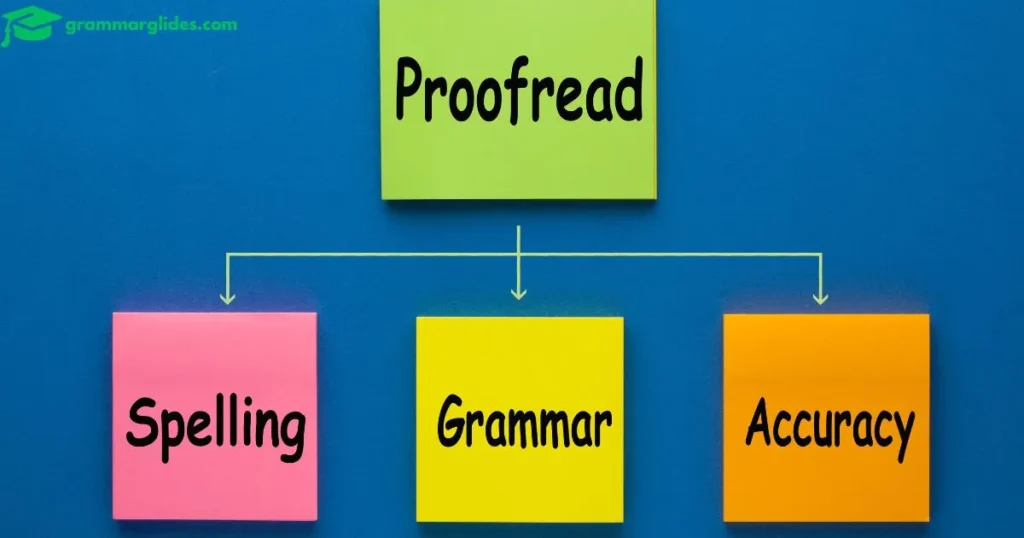
- Double-Check Common Confusions
Frequently revisit commonly confused phrases, such as “due to” vs. “do to,” and make it a habit to proofread your work with this in mind.
For example: “The delay was due to traffic,” not “do to traffic.” - Practice with Contextual Examples
Use real-life or relevant scenarios to help you understand the application of these terms. Practice creating sentences that fit different contexts—whether it’s formal, academic, or casual—to solidify your understanding.
For example: “Her success was due to perseverance,” or “He had to do to her what he promised.”
“Families vs. Family’s vs. Families” Key Differences Explained
Strategies for Proofreading and Self-Editing:
- Reread your sentences carefully to check if “due to” makes sense in context. If not, replace it with a clearer alternative.
- Use grammar-checking tools to spot errors that might have slipped through.
Practice Exercise
- The flight was delayed ___ heavy fog. (due to)
- ___ unforeseen circumstances, the event was rescheduled. (Due to)
- The power outage occurred ___ a sudden storm. (due to)
- The cancellation was ___ technical issues with the system. (due to)
- He missed the deadline ___ his lack of planning. (due to)
- The mistake happened ___ a typographical error in the report. (due to)
- The game was canceled ___ the weather conditions. (due to)
- The team’s success was ___ their hard work and dedication. (due to)
Synonyms for “Due to” or “Do to”
- Because of
- Owing to
- As a result of
- On account of

- Thanks to (informally)
- By reason of
- In consequence of
Do to My vs. Due to My
The phrases “do to my” and “due to my” are often confused because they sound similar, but their meanings and uses are entirely different. Let’s break it down:
- Do to My: This phrase is grammatically incorrect and does not have any standard usage in English. It’s likely a typo or misunderstanding of “due to my.”
- Due to My: This phrase is correct and means “because of” or “as a result of.” It is used to show the cause of something.
Key Points to Remember:
- “Do to My” is Incorrect: It does not fit any grammatical structure or make sense in formal or informal English writing. Always replace it with “due to my.”
- “Due to My” Indicates Cause: It is used to explain the reason or cause of something.
- Formal and Common Use: “Due to my” is acceptable in professional writing, academic papers, and everyday conversations.
- Recheck Context: If you find “do to my” in a sentence, it’s likely a typo. Correct it by checking if “due to my” fits better.
- Incorrect: The delay was do to my mistake.
- Correct: The delay was due to my mistake.
- Prepositional Meaning: “Due to” functions as a prepositional phrase. It links the cause (e.g., your actions, behavior, or condition) to its effect.
Do to vs. Due to idiom sentences
Do to
While “do to” can occasionally appear in casual phrases or specific contexts, it is not an idiomatic expression by itself. It is typically part of a longer construction, such as “do to others” or similar phrases.
Idiomatic Sentences with “Do to”:
- “Do to others as you would have them do to you.” (The Golden Rule: Treat others the way you want to be treated.)
- “I don’t know what to do to fix this mess.” (Expressing confusion or problem-solving.)
- “What did you do to your hair? It looks amazing!” (Reacting to a noticeable change.)
- “I hope they don’t do to me what they did to you.” (Expressing concern about being treated similarly.)
- “What should I do to prepare for the meeting?” (Asking for advice about preparation.)
Due to
“Due to” is a standard prepositional phrase that means “because of” or “caused by.” It’s commonly used to show the reason or cause behind something.
Idiomatic Sentences with “Due to”:
- “The event was canceled due to bad weather.” (Explaining the reason for the cancellation.)
- “Due to his hard work, he received a well-deserved promotion.” (Attributing success to effort.)
- “Flights are delayed due to heavy snowfall.” (Explaining a travel disruption.)
- “I arrived late due to traffic congestion.” (Giving a reason for being late.)
- “The team lost the match due to poor communication.” (Explaining the cause of the loss.)
When to Use “Because” and “Due To”
Both “because” and “due to” are used to express a reason or cause, but they differ in grammatical structure and context. Here’s a breakdown:
Use of “Because”
- Type: Conjunction
- Function: Connects two clauses, where one clause explains the reason for the other.
- Structure: “Because” introduces a clause (subject + verb).
- Example: I stayed home because it was raining.

Key Rules for Using “Because”:
Use of “Due To”
- Type: Prepositional phrase
- Function: Modifies a noun to explain the cause of something.
- Structure: “Due to” is followed by a noun or noun phrase (not a clause).
- Example: The cancellation was due to bad weather.
Key Rules for Using “Due To”:
- Follows a Linking Verb: Often follows forms of “be” or other linking verbs.
- Example: His success was due to his dedication.

- Cannot Start a Clause: Unlike “because,” it cannot introduce a clause with a subject and verb.
- Correct: The delay was due to traffic.
- Incorrect: Due to traffic, we were late.
- Used in Formal Writing: “Due to” is often preferred in formal contexts or professional writing.
- Example: The error occurred due to miscommunication.
Examples for Comparison
- Because:
- I left early because I wasn’t feeling well.
- (Reason for leaving explained with a clause: “I wasn’t feeling well.”)
- Due To:
- The delay was due to heavy rain.

- (Reason “heavy rain” modifies the noun “delay.”)
Quick Test to Decide
- If you can replace the phrase with “caused by,” use “due to.”
- If you can replace the phrase with “since” or “as,” use “because.”
Examples:
- The accident occurred due to icy roads. (Caused by)
- I didn’t go out because it was raining. (Since
Due to the fact that in the beginning of the sentence
- The phrase “due to the fact that” is unnecessarily wordy. A simpler alternative like “because” or “since” makes the sentence clearer and more concise.
- Using “in the beginning of the sentence” can sometimes be redundant. Instead, specifying “at the start of the sentence” or restructuring the sentence for clarity is a better approach.
Key Insight
1. Can I use “do to” instead of “due to”?
No, “do to” is incorrect in most cases where “due to” is needed. Use “due to” when explaining a cause or reason for something.
2. What is the difference between “due to” and “because of”?
“Due to” is used after a form of the verb “to be,” while “because of” can be used in a broader range of sentences to indicate causality.
3. When should I use “due to”?
Use “due to” to modify nouns and explain the reason for something, typically after a form of the verb “to be.”
4. What are some common mistakes with “do to” and “due to”?
People often mistakenly use “do to” instead of “due to” when explaining causes. Always check if “due to” is modifying a noun correctly.
5. Can I use “due to the fact”?
Yes, but it’s often better to simplify the sentence by using alternatives like “because of” or “owing to.”
Wrap Up
Understanding the difference between “do to” and “due to” can significantly improve your writing and help you avoid common grammar mistakes. By recognizing when to use each phrase and applying the correct usage, you’ll enhance the clarity and professionalism of your communication.
Remember to use “due to” when explaining causes and “do to” only when referring to actions or tasks. With practice, you’ll feel more confident in your writing, and tools like grammar checkers can provide added support along the way. Keep these tips in mind, and your writing will become more precise and easier to understand.

Hi! I’m Jane Austen, the author of Grammar Glides. I make English learning simple and fun, helping you master grammar with ease!












